 by Louie Verrecchio –
by Louie Verrecchio –
In the days following last week’s U.S. presidential election, a staggering amount of analysis has been focused on Republican messaging, demographics and core constituencies, but it misses the most fundamental point entirely.
If the Second Coming of Obama is evidence of anything it is the godlessness of a nation, the majority of whose citizens worship an idol who not only grants free license to practically every immoral impulse that one can imagine, but who also evidently demands human sacrifice to the tune of more than a million innocent souls each year.
This culture of depravity is the result of an underlying spiritual malady that has been allowed to fester and spread over the last five decades virtually unopposed by the only force capable of overtaking it.
The United States — a land wherein class-envy passes for compassion, same-sex “marriage” is accepted as fairness, and contraception is considered a matter of healthcare — is about to reap the just rewards, not so much of a nation that has abandoned the principles of its Founding Fathers, but of a Church that has abandoned its Founder and the mission He has given her. [Read more…]
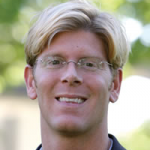
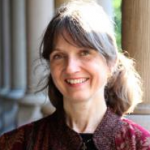

 by Louie Verrecchio –
by Louie Verrecchio –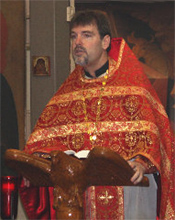
 by Pravmir –
by Pravmir –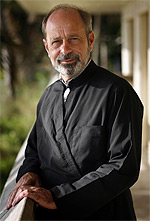
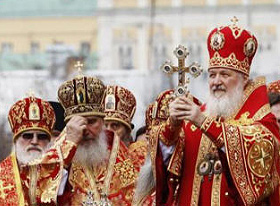 by Deacon Keith Fournier –
by Deacon Keith Fournier –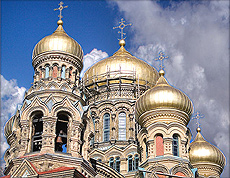 by Eric Metaxas –
by Eric Metaxas –